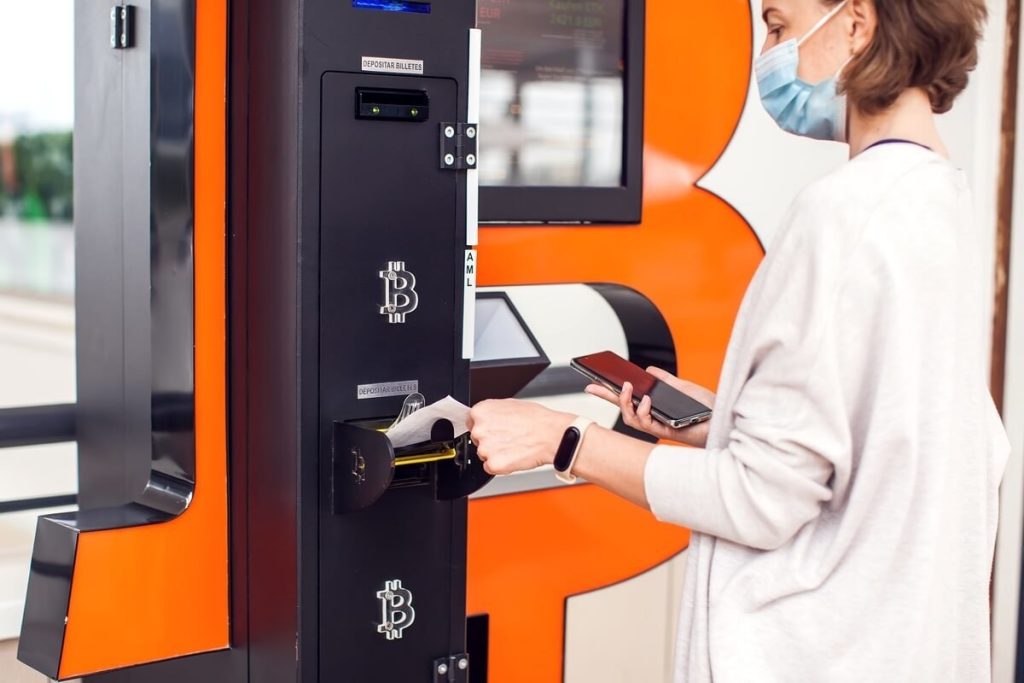Bitcoin (BTC) ATM scams are becoming increasingly prevalent, resulting in unsuspecting users losing substantial sums of money.
In a recent such incident, Jim Meduri of San Jose received a phone call from an individual posing as his son, who claimed that he had been involved in a car accident, as reported by The Los Angeles Times.
The scammers impersonated a defense attorney and a courthouse clerk, fabricating a story of a potential transfer of Meduri’s son to Nevada due to a supposed mumps outbreak in the local jail.
Driven by concern for his son’s well-being, Meduri agreed to send bail money through a Bitcoin ATM.
“They played on fear and what a parent would do to help their kid, and it was elaborate,” said Meduri.
He deposited $15,000 in cash into the machine, followed the scammers’ instructions, and transferred the funds. It was only later that Meduri realized he had been defrauded.
Regulators to Take Action Against Bitcoin ATM Scams
Meduri’s case is just one example of scammers exploiting Bitcoin ATMs to defraud unsuspecting victims.
These machines, found in convenience stores, gas stations, and even bakeries, allow individuals to quickly purchase cryptocurrency using cash, which is more difficult to trace compared to wire transfers or checks.
As scammers take advantage of the convenience these ATMs offer, law enforcement agencies are warning the public about this growing trend.
Starting in January, California will implement Senate Bill 401, limiting cryptocurrency ATM transactions to $1,000 per day per person.
The bill, signed into law by Governor Gavin Newsom, also sets a cap of $5 or 15% of the transaction amount (whichever is greater) on fees imposed by bitcoin ATM operators, beginning in 2025.
These measures aim to protect individuals from being duped by scammers and prevent large cash amounts from being used for cryptocurrency purchases.
While cryptocurrency scams existed prior to the popularity of digital assets, the use of cryptocurrencies by fraudsters has increased in recent years.
According to the Federal Trade Commission, over $1 billion in cryptocurrency has been lost to scams, with more than 46,000 victims reported since 2021.
Regulators argue that limiting transactions on Bitcoin ATMs will provide individuals with more time to recognize fraudulent schemes and prevent them from using significant amounts of cash to purchase cryptocurrency.
Crypto ATM Operators Warn Against Excessive Regulation
However, crypto ATM operators argue that excessive regulation and stringent requirements will harm their industry and the small businesses that host these machines.
While they acknowledge the importance of addressing concerns, the operators oppose fee caps and transaction limits, arguing that scams exist in various industries without similar restrictions.
They suggest implementing enhanced identification requirements for high-value transactions and flagging suspicious activities to deter scammers effectively.
“It is essential that we strike the appropriate balance between protecting consumers from harm and fostering a responsible innovation environment,” Charles Belle, executive director of the Blockchain Advocacy Coalition, wrote.
Read the full article here
